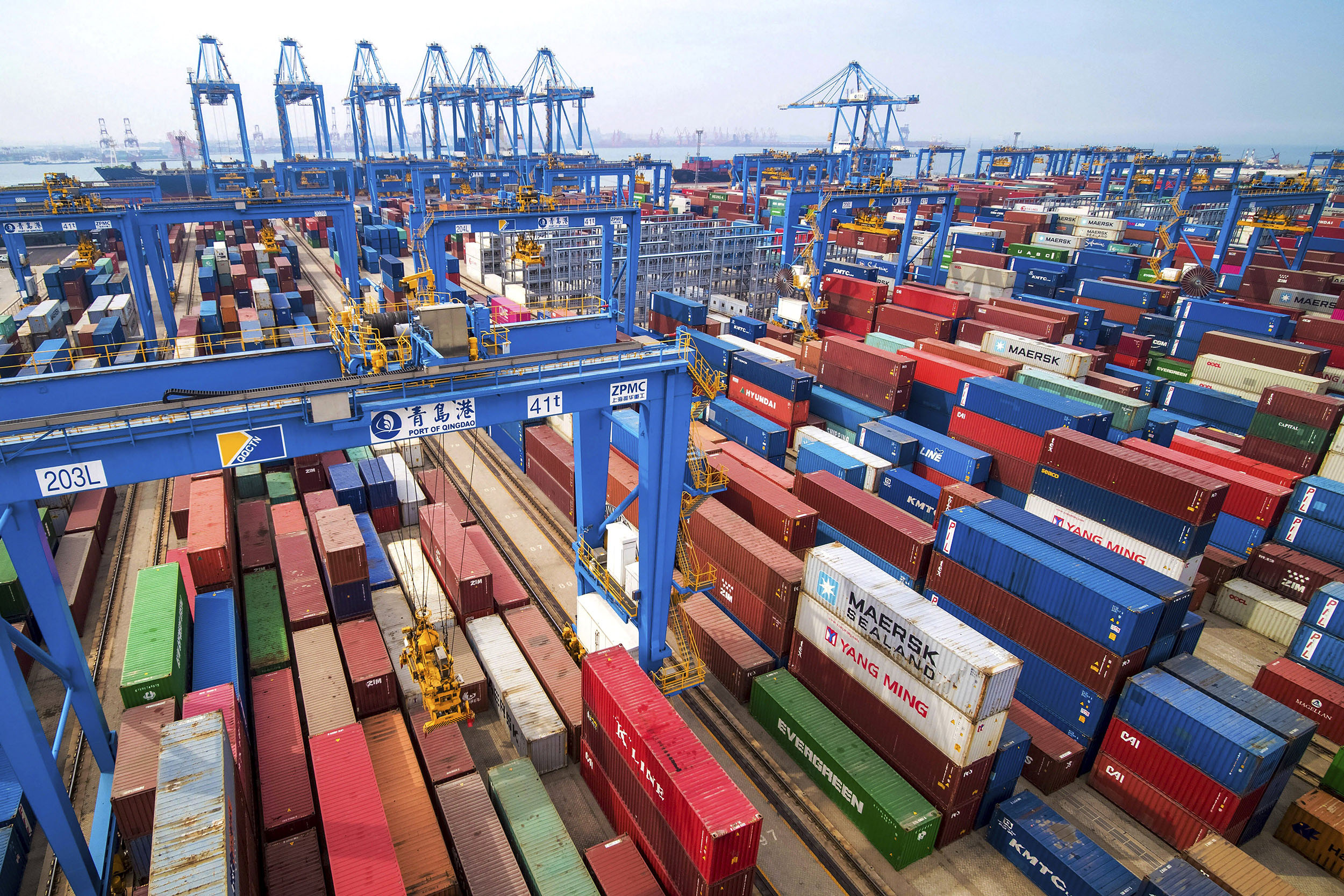The Government approved an extra 19,500 crore in funding for the production-linked incentive (PLI) plan for the development of high-efficiency solar modules. The government anticipates that this financial assistance will stimulate investment of 94,000 crores in a heavily dependent on imports industry, resulting in the domestic production of 65 GW of completely and partially integrated solar photovoltaic modules.
The PLI supports each stage, allocating Rs 12,000 crore for fully integrated polysilicon to wafers to cells to modules capacity, Rs 4,500 crore for wafers to cells to modules integration in three stages, and Rs 3,000 crore for integration between cells and modules. The incentive programme is predicted to replace Rs 1.37 lakh crore in imports while also adding 195,000 direct jobs and 780,000 indirect jobs, according to the government.
The Government approved changes to the Programme for Development of Semiconductors and Display Manufacturing Ecosystem in India, giving all three of the projects covered by it a uniform 50% budgetary support. The Rs 12,000 crore incentive cap for the display fabs scheme was also eliminated by the Cabinet, suggesting full budgetary support for any eligible investment. “After today’s modifications, the semiconductor policy is extremely competitive and attracts investments across the spectrum, which is silicon, compound and fabs,” said Rajeev Chandrasekhar, minister of state for electronics and IT.
The goal, according to the government, is to create a logistics ecosystem that is “technologically enabled, integrated, affordable, robust, sustainable, and trusted for fast and inclusive growth.”The goals include lowering logistics costs to international standards, placing in the top 25 of the Logistics Performance Index by 2030, and developing a data-driven decision support system for a productive logistics ecosystem.

